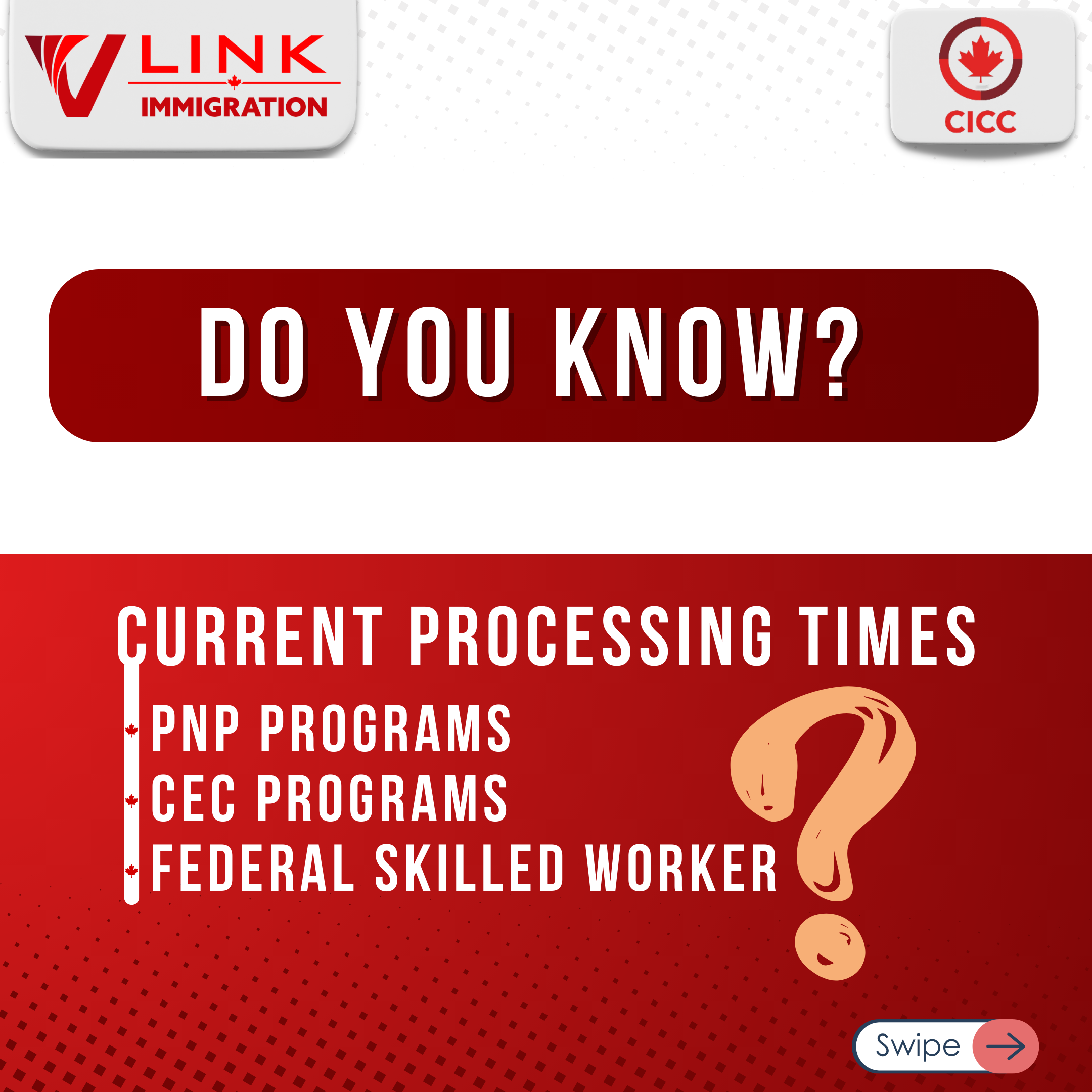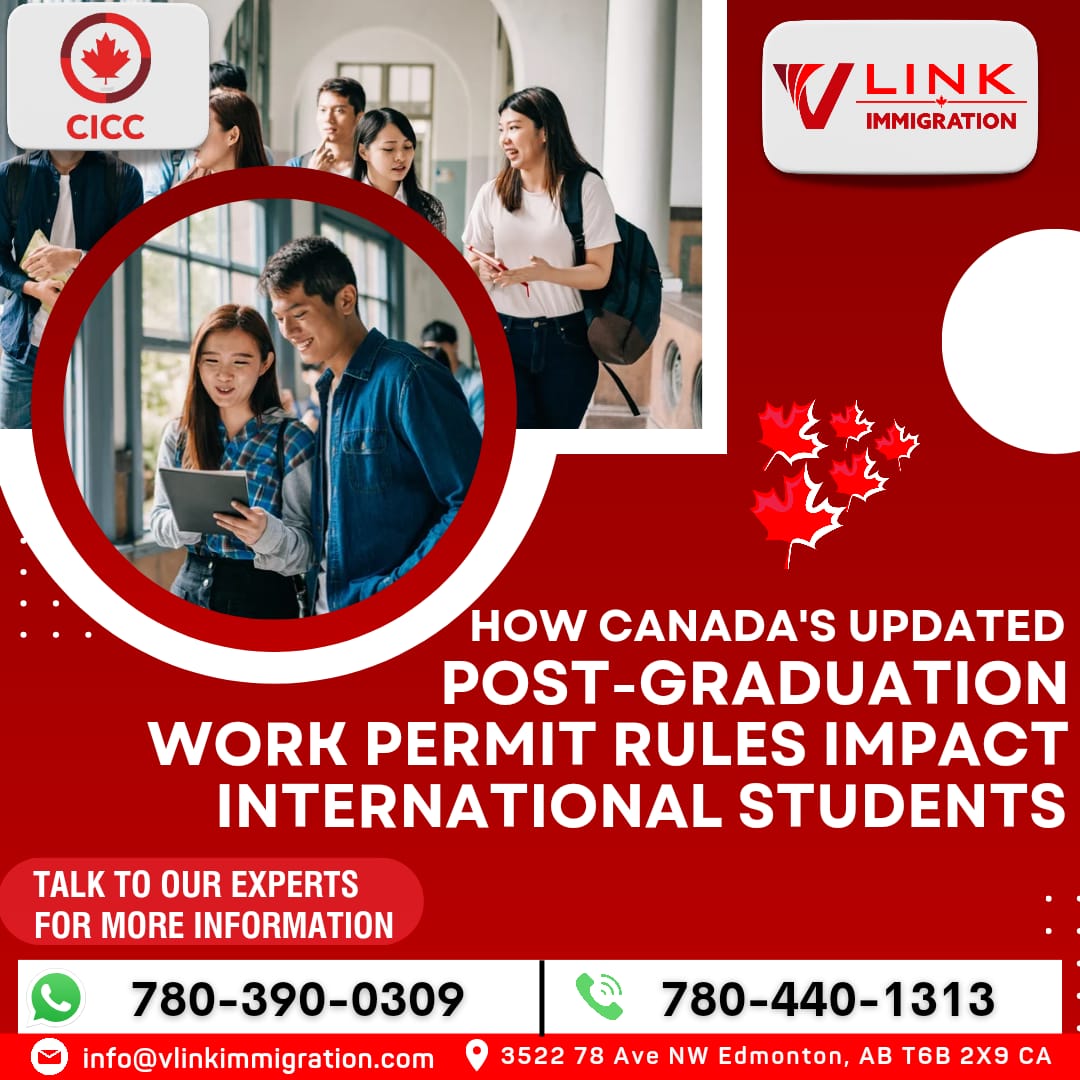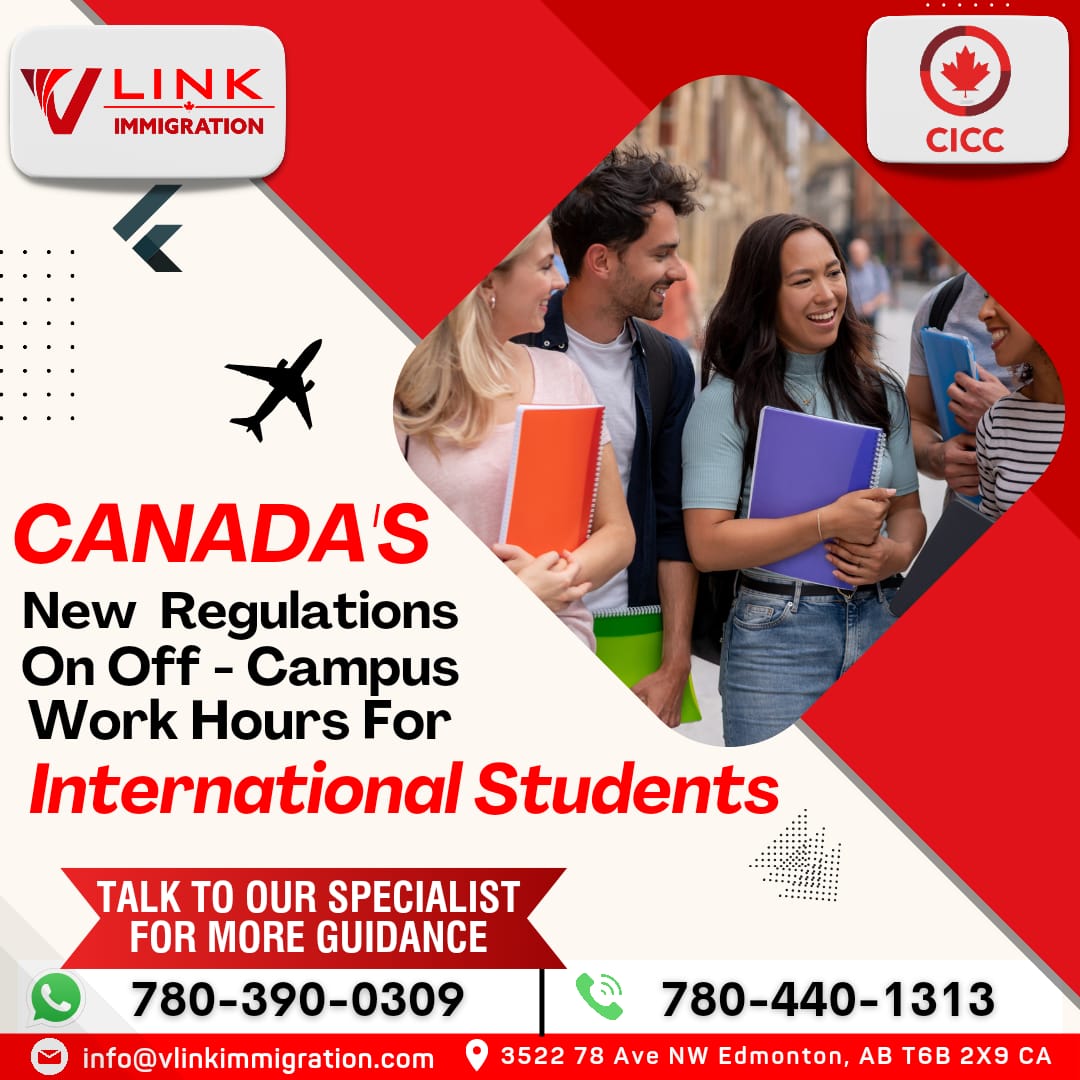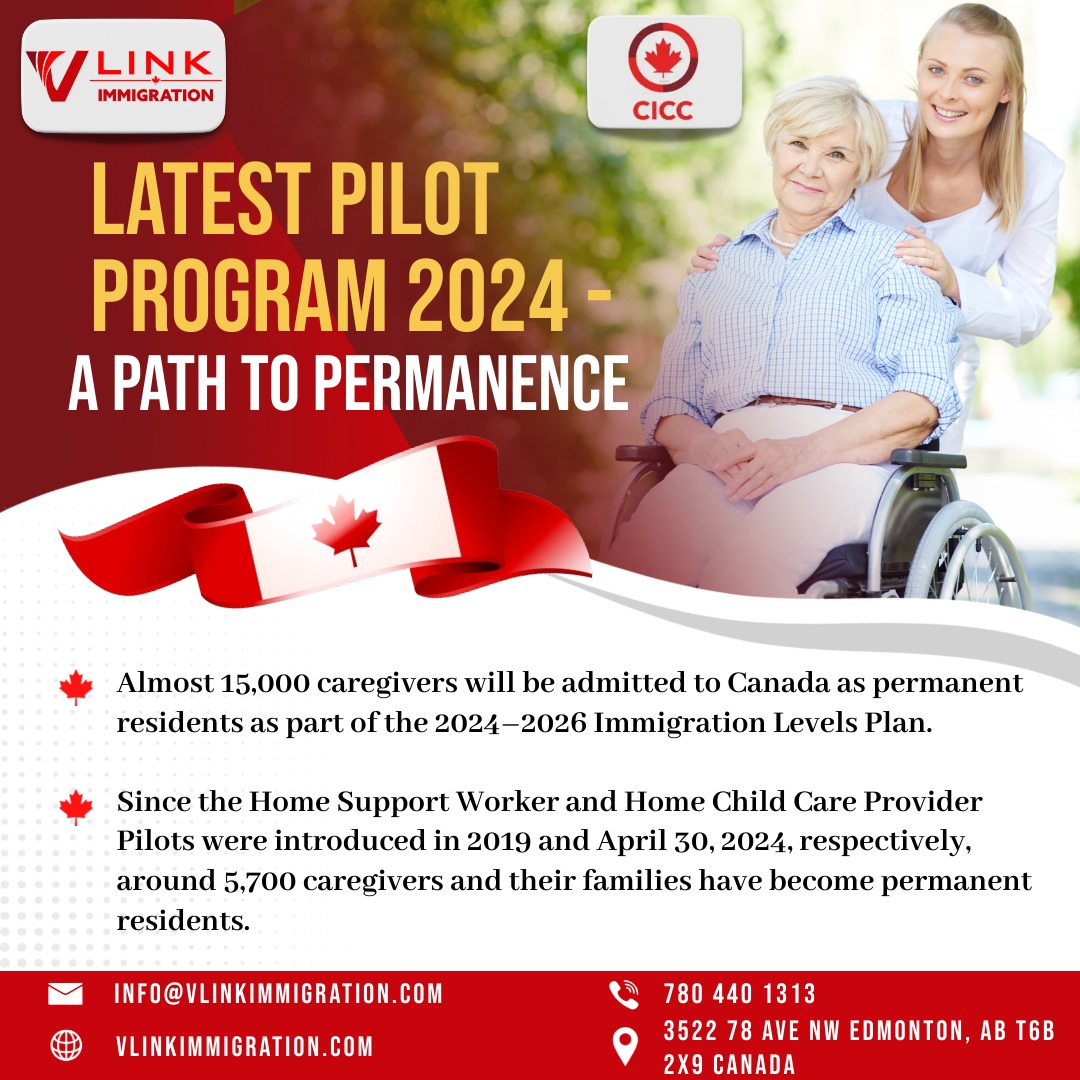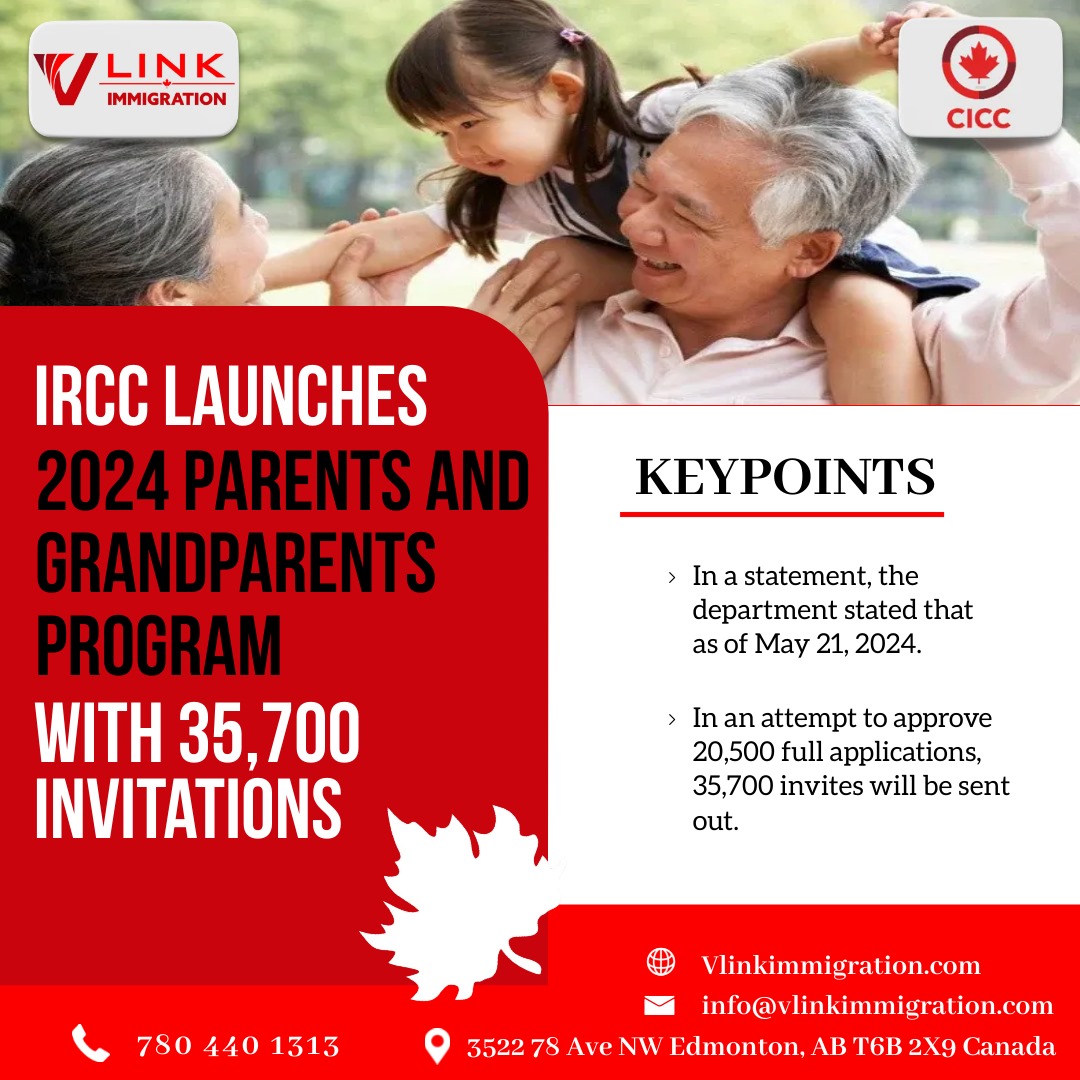What is the current processing time for Permanent Residency in Canada? Achieving Canadian PR is a major goal for many immigrants. Planning your move and managing expectations requires knowing PR application processing times. Moreover, the duration depends on the visa you apply for, how complete your application is, and IRCC’s workload. Knowing these factors can help you prepare and speed up your application.
Immigration applications have increased in Canada, causing processing delays. Staying up to date on Express Entry, PNP, and Family Sponsorship timelines is crucial. This article discusses PR processing times, application category timelines, and tips for a smooth application process.


